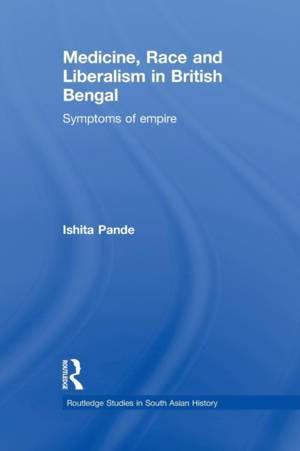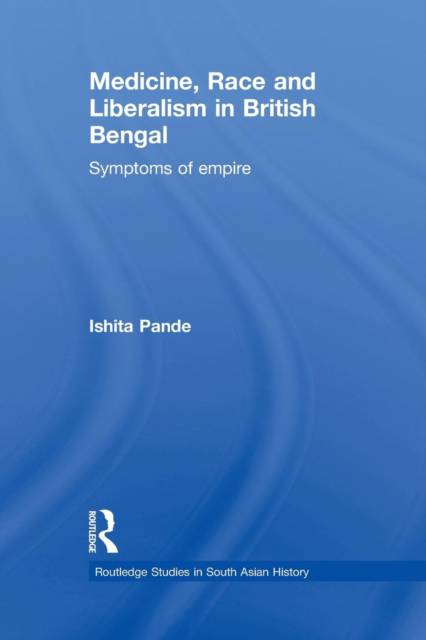
- Afhalen na 1 uur in een winkel met voorraad
- Gratis thuislevering in België
- Ruim aanbod met 7 miljoen producten
- Afhalen na 1 uur in een winkel met voorraad
- Gratis thuislevering in België
- Ruim aanbod met 7 miljoen producten
Omschrijving
This book focuses on the entwinement of politics and medicine and power and knowledge in India during the age of empire. Using the powerful metaphor of 'pathology' - the science of the origin, nature, and course of diseases - the author develops and challenges a burgeoning literature on colonial medicine, moving beyond discussions of state medicine and the control of epidemics to everyday life, to show how medicine was a fundamental ideology of empire. Related to this point, and engaging with postcolonial histories of biopower and modernity, the book highlights the use of this racially grounded medicine in the formulation of modern selves and subjectivities in late colonial India. In tracing the cultural determinants of biological race theory and contextualizing the understanding of race as pathology, the book demonstrates how racialism was compatible with the ideologies and policies of imperial liberalism.
Medicine, Race and Liberalism in British Bengal brings together the study of modern South Asia, race theory, colonialism and empire and the history of medicine. It highlights the powerful role played by the idea of 'pathology' in the rationalization of imperial liberalism and the subsequent projects of modernity embraced by native experts in Bengal in the 'long' nineteenth century.
Specificaties
Betrokkenen
- Auteur(s):
- Uitgeverij:
Inhoud
- Aantal bladzijden:
- 262
- Taal:
- Engels
- Reeks:
Eigenschappen
- Productcode (EAN):
- 9780415627542
- Verschijningsdatum:
- 29/03/2012
- Uitvoering:
- Paperback
- Formaat:
- Trade paperback (VS)
- Afmetingen:
- 156 mm x 234 mm
- Gewicht:
- 385 g

Alleen bij Standaard Boekhandel
Beoordelingen
We publiceren alleen reviews die voldoen aan de voorwaarden voor reviews. Bekijk onze voorwaarden voor reviews.












